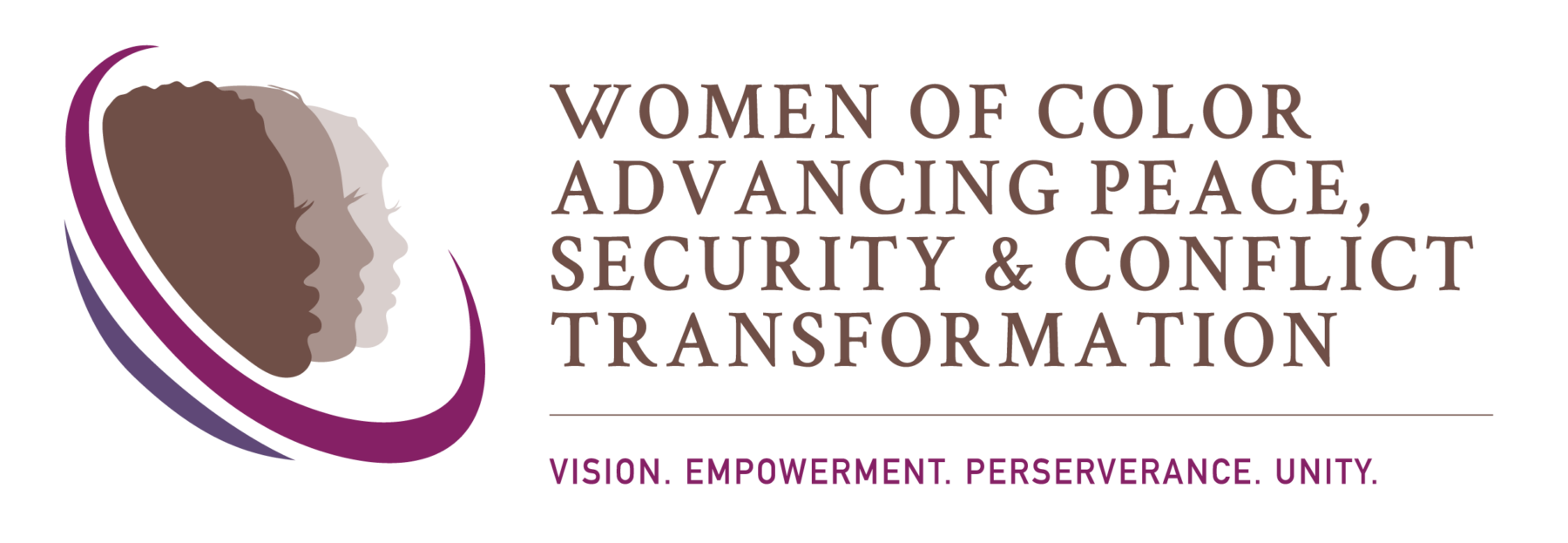March 1, 2022 - April 21, 2022 | All Issue Areas
61st Strategy for Peace Conference
Invitation Only
Disrupting the History of Racism in Peace and Security
The Stanley Center for Peace and Security and Women of Color Advancing Peace, Security, and Conflict Transformation (WCAPS) forged a partnership in 2020 to explore the historic and systemic nature of racism in the peace and security field. With a shared belief that global issues demand a variety of perspectives and inclusive dialogue creates better solutions, we look to further a common understanding of the need for disruption and to widen the conversation through the center’s 61st Strategy for Peace Conference, taking place as a series of events in early 2022.
Conference convenings will focus on inclusive dialogue to identify equitable action that can address the historic injustices in the policy fields of climate change, nuclear weapons, and mass violence and atrocity prevention. We know we cannot achieve a shared and lasting peace without an examination of the history of racism in policies and policymaking–nor without significant change to the policies and policymaking approaches that are rooted in that history.
We are also publishing a set of discussion papers co-authored by subject matter experts from within WCAPS membership. In the papers, authors consider the history of global systemic racism in each of the policy fields, offering specific examples of how racial injustice emerged and is manifest in policies and policymaking processes as well as the ways people of color have been and are subsequently impacted.
The Stanley Center particularly acknowledges that we have contributed to the perpetuation of this systemic racism and that only with intention, continued learning, and action can we become an anti-racist part of the solution. This conference is one step on our ongoing journey of discomfort and disruption.
Addressing Equality and Justice in a Global Just Transition for Climate Change
With the global energy transition underway, many efforts to limit and phase out fossil fuel-based infrastructure now include a just transition process, in which affected workers and communities take part in achieving a fair, just, and safe climate future—admittedly to varying degrees. We aim to further examine the dimensions of this global just transition through the lens of equality and justice—taking into account how race, climate justice, and economic inequality factor into transnational, international, and global approaches.
Discussion paper by Emily Sample and Regina M. Paulose:
Racism and the Origins of the Atomic Bomb
This event hopes to deepen understandings of nuclear policy by offering space for candid conversation and reflection on the entangled histories of the atomic bomb and racism in the United States. Holding this event in the Pacific Northwest, including a potential visit to the Hanford Nuclear Site, will allow us to consider the many layers of its history: as a scientific achievement, a scar on Native land, an artifact of segregationist systems, the source for the plutonium in the atomic bombs dropped that punctuated the arc of anti-Asian racism through WWII. This event will convene people with different expertise and lived experiences—nuclear experts, historians, sociologists, journalists, creatives, and students—which we hope prompts conversations and creativity that each participant can bring back to their respective fields and communities.
Discussion paper by Sylvia Mishra and Wardah Amir:
Disrupting Injustice: Racism and the Systems of Mass Violence Prevention
Recognizing the intersections of conflict prevention and peacebuilding in the field of mass violence and atrocity prevention, we continue to see global systems meant to prevent the worst forms of violence perpetuating a status quo built on prejudice and racism. This conversation will be a level-setting discussion to conceptually bring together several efforts aimed at unpacking racism inherent to the institutions and multilateral processes built to address and prevent mass violence and atrocities. Through it, we will identify spaces of disruption in context of the history and ongoing nature of systemic racism in mass violence and atrocity prevention, particularly in systems and policymaking related to domestic and global prevention mechanisms.
Discussion paper by Pratima T. Narayan, Ronnate D. Asirwatham, and Abiola Afolayan:
Contact
Jennifer Smyser
Vice President and Director of Policy Programming Strategy
Partners

Related Events
October 16-18, 2019
60th Strategy for Peace ConferenceOctober 17-19, 2018
59th Strategy for Peace ConferenceOctober 18-20, 2017
58th Strategy for Peace ConferenceRelated Publications
Climate Change
Climate Change and Systemic Environmental RacismNuclear Weapons
Racial Inequalities and Nuclear PolicyMass Violence and Atrocities
Systemic Racism in Mass Violence and Atrocity Prevention